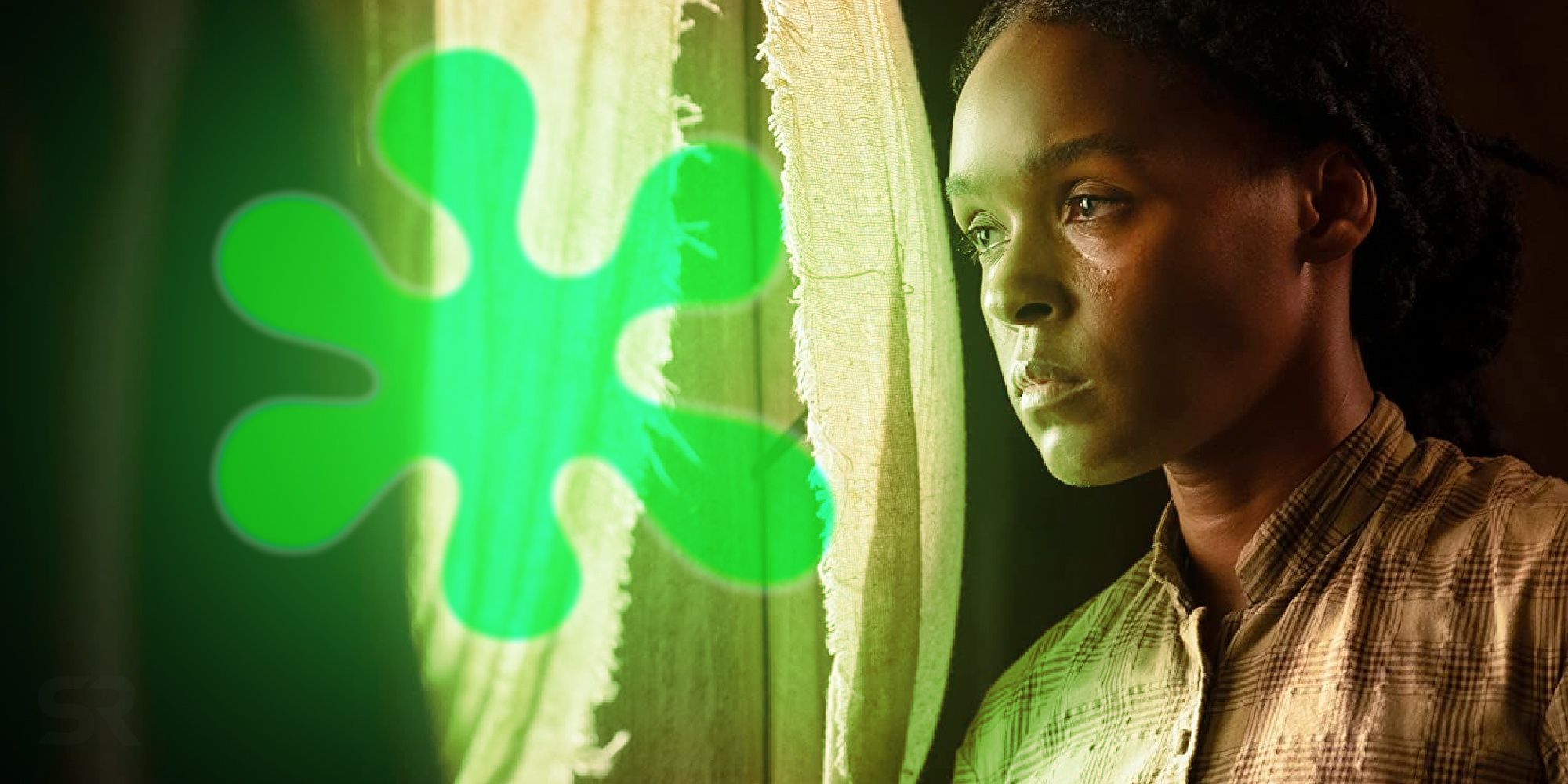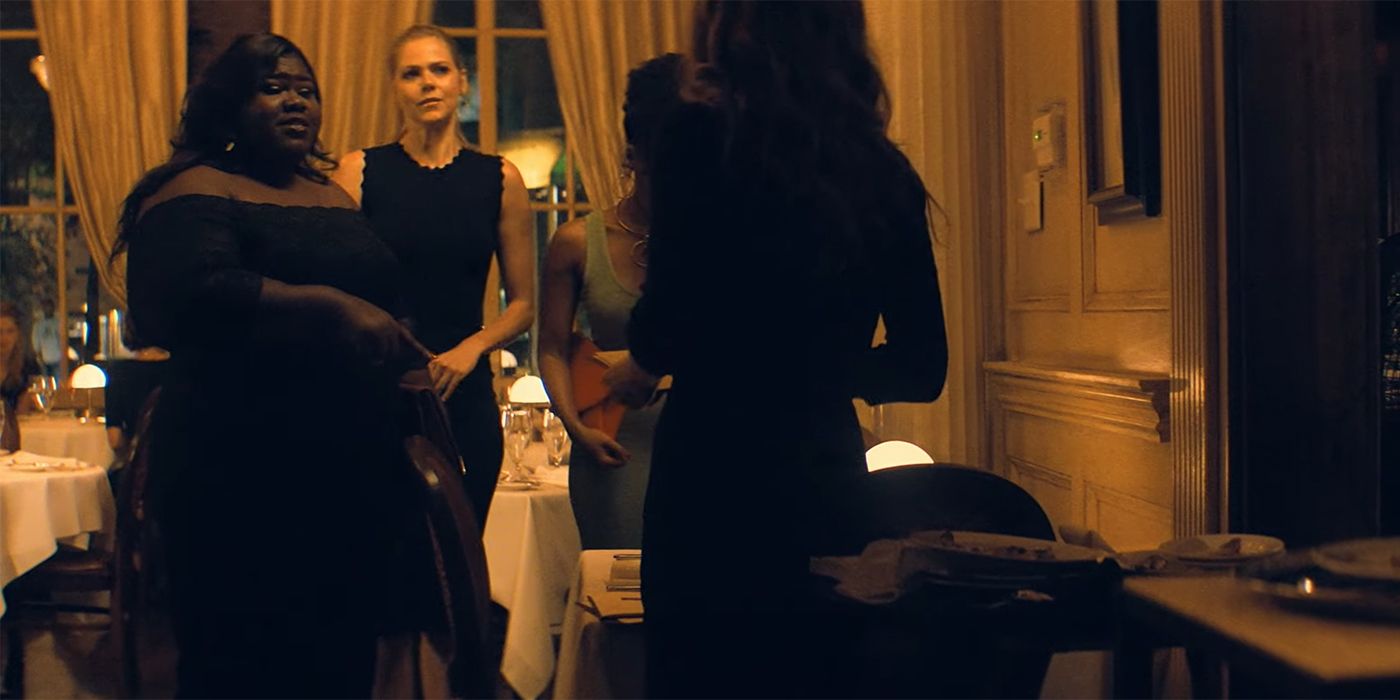After the success of so-called "elevated horrors" like Get Out, Midsommar, and The Lighthouse, why is sci-fi horror/Janelle Monae vehicle Antebellum receiving such brutal reviews? Since the release of The Witch in 2015, critics have been scrambling to define the "elevated horror" trend. The hotly-contested term refers to horror movies that wear their artistic ambitions and social consciousness on their sleeve, with some reviewers claiming these pointedly cerebral horrors are more mature or thoughtful than most of the genre's output.
A twisty sci-fi inflected mystery, Antebellum seems to fit squarely into this critically-acclaimed sub-genre. As of this writing, the film has a 28% rating from critics on Rotten Tomatoes, and while the audience score is better, it's still stuck at a mere middle-of-the-road 65%. So why are reviews for the film almost uniformly negative? Much like Get Out, Black Mirror is an obvious inspiration for Antebellum, but the show's love of pessimistic gloom and sometimes-silly twists have proven too influential.
It's not all bad news for Antebellum, with some prominent reviewers such as Pete Travers singling out R&B superstar Janelle Monae's starring role in the flawed film as one of its few bright spots. Similarly, a few critics were initially were impressed by the film's formidable commitment to depicting the horrors of slavery. But many soon felt that the film's twist ending rendered these initially effective sequences tasteless in retrospect, with The Atlantic's headline claiming "Antebellum isn't just bad, it's vile."
Critics agree that Monae's committed, engaging turn deserved a better showcase than this grim and brutal misfire, much like Anya Taylor-Joy's similarly commended work in the otherwise terribly-reviewed New Mutants. The majority of the critical ire for Antebellum is aimed at its decision to dwell on the horrors of slavery in graphic detail, which many felt was too serious a theme for a far-fetched horror movie. Some reviewers cite the film's failure to nail a consistent tone as its biggest problem, saying it could work as a dark, disturbing depiction of slavery or a thrilling horror, but not both at once.
"Antebellum presents the lurid spectacle of a woman's humiliation as if it were a tale of empowerment"
"Not every horror film with a social message can be Get Out, and they shouldn't be striving to imitate that"
"It loads up on visceral scares and disturbing imagery in service of a shallow film that feels like a gory theme-park ride showcasing the horrors of slavery"
"A well-made drama on slavery's horrors leads to an exasperating ending... After all the sadistic violence, the big twist is a big bust."
The film's bombshell twist was a major source of consternation for critics who felt it was exploitative, predictable, and implausible. Critical consensus appears to agree that, although Antebellum strived to create a compelling horror story with a relevant social message, its obvious twist and gruesome presentation cost the film dearly with audiences. Antebellum's failure to connect with viewers means the forthcoming remake of Candyman may still be the most important horror movie despite a delay to 2021, as it addresses similar themes with what is hopefully the more successful approach.


